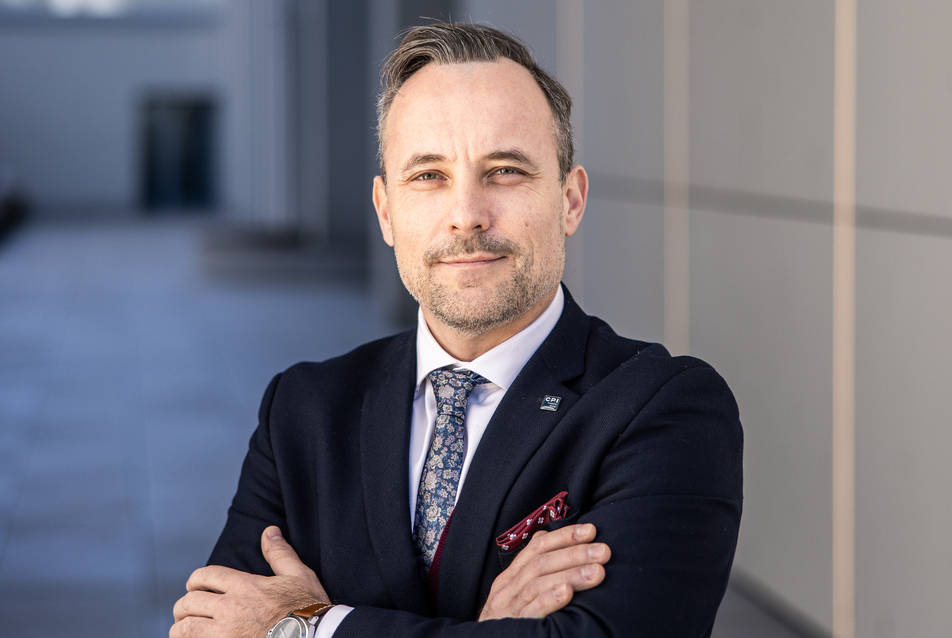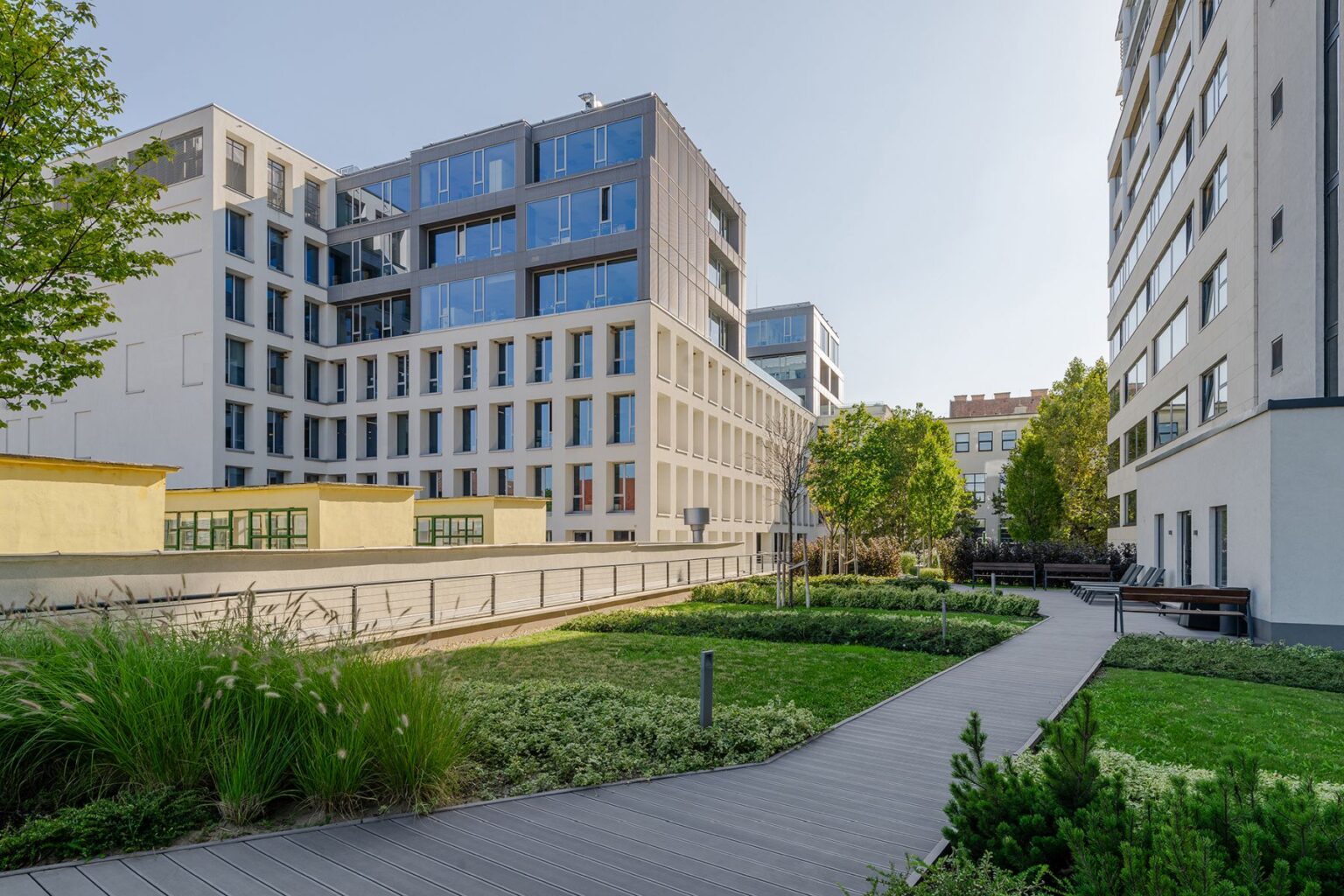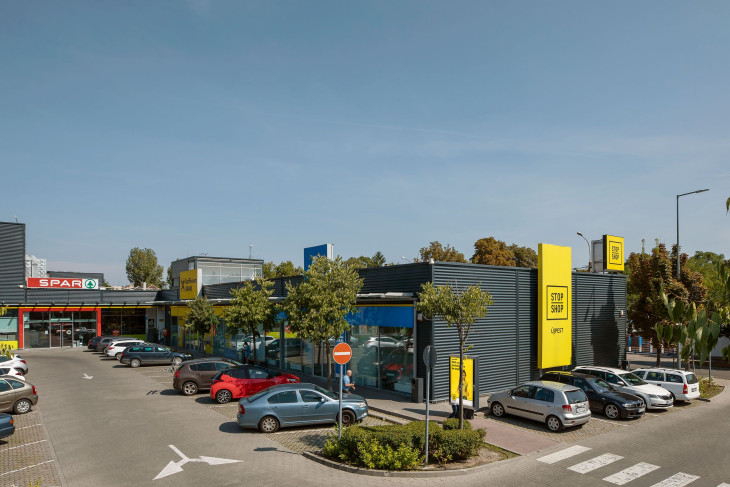With the COVID pandemic and the energy crisis, property managers around the world needed to reshape their ideas about facility management and overhaul their strategies to remain profitable and maintain their good relationships with tenants. According to Győri, CPI FM, the subsidiary of CPI Hungary, a leading company on the Hungarian commercial property market, did exactly that.
“Facility management is shifting towards service-based and experience-based processes. CPI Facility Management used to rely on routine processes in its operation, but now it is always working towards new goals, it is always changing. Thanks to this continuous evolution, we can respond to tenants’ needs,” he said.
What people working eight hours a day in a leased office want is a pleasant atmosphere and service-friendly spaces that also focus on sustainability – for this you need high-quality facility management. The expert believes that a property management company has the moral responsibility to have advanced facility management expertise when leasing buildings.
How can this be achieved? “We derive large amounts of data from our facility management experience in the past to improve the quality of our services in the future,” he notes.
The Smaller the Footprint, the Better
The level of comfort workers experience is not just a result of the office environment and the available services anymore: the environmental impact of the building is also a factor. Facility managers must consider this and they must maintain and improve the level of comfort while also working to have as small an ecological footprint as possible. It also increases tenant confidence if the landlord can make operations less expensive and more sustainable in the long term.
In CPI's experience, for large tenants it is now essential to be more environmentally friendly: this is a part of their business model and it is also attractive when it comes to recruitment. The market somewhat forced this shift towards more eco-friendly operations. Saving energy is, on the one hand, a moral issue for facility management companies, and, on the other hand, it requires a strategy.
“At CPI we have introduced the green agreement, we have tenants’ forums where we explain, for example, why we are changing energy procurement, why we are installing solar panels and heat pumps. We are making our day-to-day processes transparent. We can set sustainability goals only in cooperation with the tenants. The energy crisis has increased our interdependence and tenants also feel now that a more sustainable operation is an economic must,” explains Győri.
Energy consumption can be effectively reduced with targeted investments if HVAC systems operate at a lower power outside working hours.
According to Győri, at CPI the environmentally friendly approach poses no problem to employees if goals are set appropriately and everyone is provided with all the information they need.
In 2022, CPI Property Group acquired a majority share in two companies, Immofinanz and S Immo. While several new buildings in the portfolio are operating smoothly, some changes were necessary to have uniform processes and to align with the facility management strategy of CPI. Relying on its energy strategy, the company has managed to reduce the gas and electricity bills in these newly acquired buildings by 40-50%.
Győri adds that “it is important for CPI that service charges reflect reality. If we put a simple chair in an office, we won’t call it an armchair, if we put an armchair there, we say so and calculate the price accordingly. All our services are fully transparent.”






.jpg)





